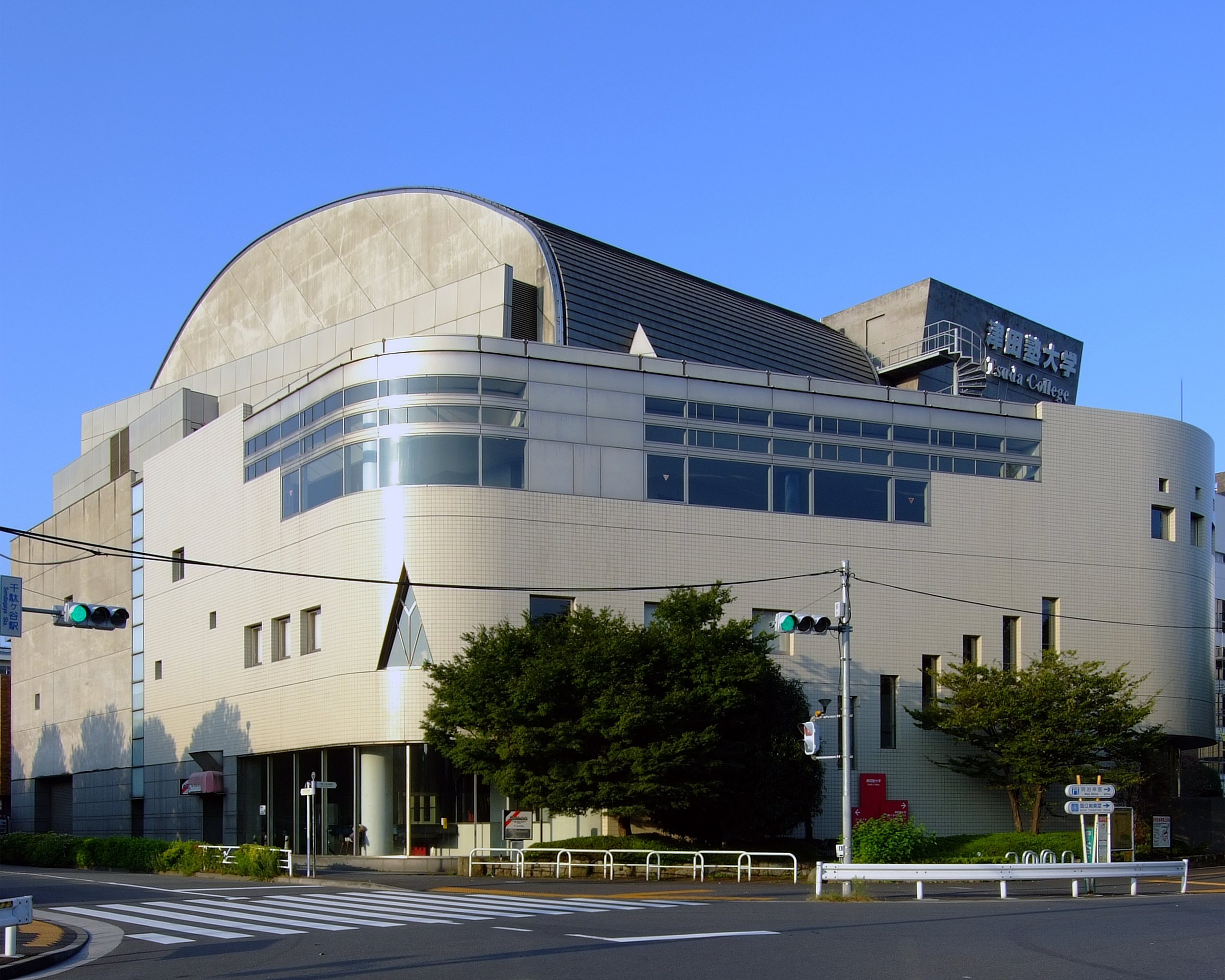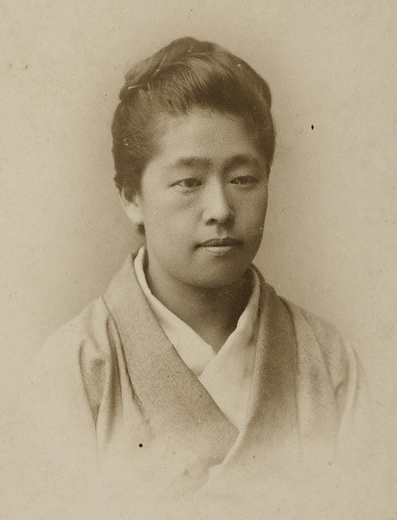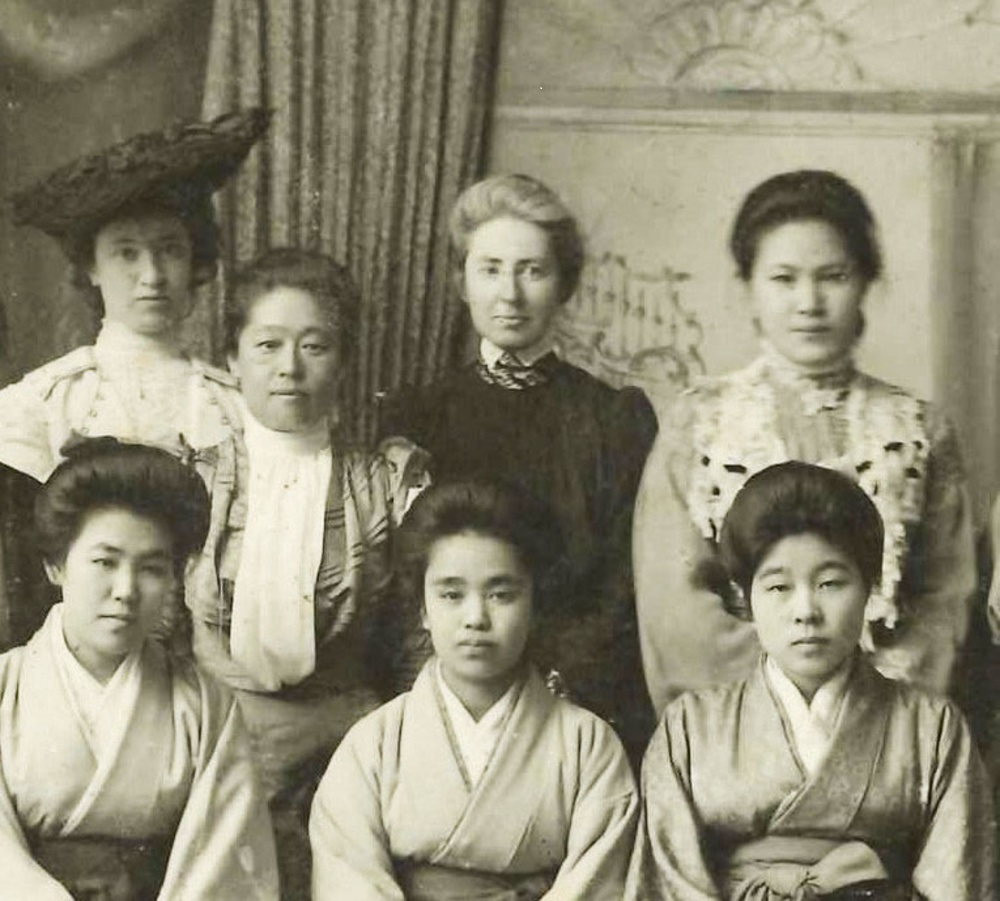Thinking about studying in Japan at a top women’s university in Tokyo? Tsuda University (Tsuda-juku Daigaku) offers a human‑scaled, academically rigorous environment across two campuses—leafy Kodaira in the western suburbs and centrally located Sendagaya by Shinjuku Gyoen. With strengths in liberal arts, policy studies, mathematics, and computer science, plus small seminars and strong career outcomes, Tsuda is a compelling option for motivated international learners who want a close‑knit community and access to one of the world’s safest major cities.



Quick Facts
| Item | Data |
|---|---|
| Type | Private (Women’s University) – Official “About” |
| Total Students | 3,294 (as of May 1, 2025) – Student Status (JP) |
| Campuses | Kodaira (main), Sendagaya – Kodaira / Sendagaya |
| Faculties / Schools |
College of Liberal Arts:
English;
International & Cultural Studies;
International Cooperation & Multicultural Studies;
Mathematics;
Computer Science College of Policy Studies: Policy Studies |
| Tuition & Fees |
Check current figures: Tuition & Fees (EN) / Tuition (JP) (2024–25 revisions noted: News 2024/07/26). Reference items: Insurance ¥4,010 (4 years), Alumnae Association deposit ¥50,000; certain programs may require a laptop (~¥180,000) – see EN page. |
| Gender Ratio | Predominantly women (women’s university) – Official “About” |
| Intl‑Student % | ~0.4% (14 of 3,294; exchange students accepted as of May 1, 2025) – Student Status (JP) |
| Students per Staff | 34 (as of May 1, 2025) – Student Status (JP) |
Campus Maps
Kodaira Campus (Headquarters)
Address: 2-1-1 Tsuda-machi, Kodaira-shi, Tokyo 187-8577, Japan
Sendagaya Campus (Shibuya, Tokyo)
Address: 1-18-24 Sendagaya, Shibuya-ku, Tokyo 151-0051, Japan
Mission, History & Founding Story
Tsuda University was founded in 1900 by Umeko Tsuda, a pioneering advocate for women’s education who envisioned graduates fluent in languages, grounded in rigorous scholarship, and ready to contribute to society. Over more than 120 years, Tsuda has built a reputation for close student‑faculty relationships, seminar‑driven learning, and a mission that blends intellectual development with civic purpose. The institution now comprises two colleges—Liberal Arts (Kodaira) and Policy Studies (Sendagaya)—plus graduate schools, all set within one of the world’s safest and most connected metropolitan regions.
Key elements of Tsuda’s philosophy are captured in “Tsuda Vision 2030,” which articulates the skills and dispositions the university seeks to cultivate: critical inquiry, communication across cultures, and the ability to apply knowledge for social good. This vision underpins curriculum choices (for example, seminar formats in all four undergraduate years), the emphasis on English and additional languages, and a steady expansion of international exchange. For a concise overview of Tsuda’s history and identity, see the official About Và Profile pages, as well as Tsuda Vision 2030.
The university’s identity as a women’s institution remains central to its mission and culture. Tsuda’s English‑language materials highlight small classes, personalized advising, and alumni who lead in media, government, education, technology, and the nonprofit sector (About (EN)). The two‑campus model—Kodaira’s calm, green learning environment and Sendagaya’s vibrant urban setting—reflects a balance of focus and connectivity (Kodaira; Sendagaya).
Key Strengths & Unique Features
Global Liberal‑Arts Core
Tsuda’s liberal‑arts foundation centers on language, culture, and society, paired with small seminars and frequent writing/presentation work. The Department of English integrates literature, linguistics, communication, and optional translation/interpretation programs, while the Department of International & Cultural Studies offers tracks in Global Issues & International Relations, Humanities & Area Studies, and Transnational Japan with mandatory small‑group seminars in each year. For hands‑on, community‑facing engagement, the Department of International Cooperation & Multicultural Studies emphasizes fieldwork, advanced communication, and problem analysis for a “more harmonious society.”
Flagship Fields (Examples)
Department of English
Students choose specialized courses—British or American Studies, Linguistics, English Education, Intercultural Communication, or Japan Studies in English—supported by 90+ lectures across literature, culture, and language acquisition, culminating in substantive seminar papers or theses (Dept. of English).
International & Cultural Studies
This program cultivates research and analysis skills across politics, law, sociology, culture, and area studies, with extensive seminar work and second‑language study (choices include French, German, Spanish, Russian, Chinese, or Korean) (Dept. of International & Cultural Studies).
Women in STEM: Mathematics & Computer Science
Tsuda’s Department of Mathematics offers strong foundations (logic, calculus, linear algebra, topology) with a four‑year seminar sequence that culminates in an undergraduate thesis. The Department of Computer Science blends theory (discrete math, cryptography, probability) and practice (programming, networking, application design), plus advanced electives like NLP and image processing. Tsuda highlights the role of English across IT coursework, including some CS electives taught entirely in English (Dept. pages in EN).
Research with Social Impact
Four research institutes connect undergraduate departments and graduate programs through symposia, lectures, and collaborative projects—strengthening academic networks in Japan and abroad (Research Institutes). Tsuda also partners with industry; for example, a joint project with Fujitsu on social design and converging technologies (Fujitsu & Tsuda Joint Research).
Career Support & Outcomes
The Career Support office offers advising, programming, and employer connections (Career Support (EN)). Tsuda notes consistently high job‑offer rates (typically 96–99%) and broad placement across industries—technology, consulting, media, finance, education, and public service—detailed on the JP pages (Career Features (JP); Major Employers (JP)).
Student Life for Internationals
Clubs & Circles
Tsuda has around a hundred student groups—athletics, music, culture, and more. International students are encouraged to visit clubs with “Big Sisters” or friends (Extracurricular Activities (EN)).
Dedicated Support Offices
The Center for International Exchange (CIE) helps with academics, housing, National Health Insurance, and scholarships, and hosts orientations and cultural programs (Living Support (EN)).
Language‑Exchange & “Big Sisters”
Each exchange student has “Big Sisters” who meet students at the airport, assist with dorm life, explain rules, and share information from dorm meetings—easing life in Japan (Living Support (EN)).
Partner Institutions & Exchange Options
Tsuda maintains ~30 partner universities across 14 countries/regions, with options for one‑year or one‑semester study abroad. Start with “Study Abroad, Study at Tsuda” in English (Programs Overview (EN)) and then browse the CIE’s partner‑list and call for applications (JP) for up‑to‑date destinations and quotas: Partner Universities (JP), 2026 Call (Front Round, JP), 2026 Call (Later Round, JP).
Local Climate & Lifestyle
Weather. Tokyo’s climate features mild winters and hot, humid summers. Based on recent Japan Meteorological Agency data for central Tokyo (Station 47662), monthly mean daily highs typically range from about 10–12°C (Jan–Feb) to ~30–32°C (Jul–Aug), while monthly mean daily lows range from ~1–3°C in winter to ~23–25°C in late summer. For monthly tables and multi‑year history, see JMA’s English database for Tokyo: JMA Monthly Climate (EN).
Safety. Tokyo routinely scores among the safest global cities; for an international comparison and methodology see Economist Impact’s Safe Cities Index.
Cost of living. The official Study in Japan site estimates average monthly housing at ¥41,000 nationally and ~¥57,000 in Tokyo (estimates vary with location and housing type). See Living Costs (EN) Và Academic Fees (EN) for national benchmarks; always confirm Tsuda’s current fees via the official pages linked above.
International Student Statistics
As of May 1, 2025, Tsuda reports 3,294 undergraduates across departments and 14 accepted “overseas students” (primarily exchange) at that snapshot (Student Status (JP)). This yields an approximate international proportion of ~0.4% for that date. Admissions data also show small yearly cohorts admitted through “Special Admission for International Students” in specific departments (see historical figures on the Admissions Figures (EN) page). Numbers may vary year‑to‑year based on exchange cycles and program capacity.
Career & Graduate Prospects
Tsuda emphasizes high placement and job satisfaction, with consistent 96–99% job‑offer rates in recent years (overall tendency noted on the JP page). Graduates enter journalism, education, public service, and a broad range of private‑sector roles (consulting, ICT, finance, manufacturing, media). See the overview and employer lists on: Career Support (EN), Career Features (JP), Và Major Employers (JP).
